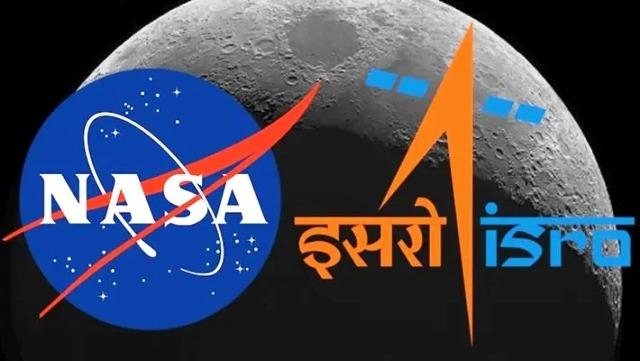NASA administrator Bill Nelson on Thursday said that the US space agency is also working to further the initiative on Critical and Emerging Technology (iCET) between the two nations. As India and the US are expanding their space collaboration he said that the joint effort aims to send ISRO astronauts to the International Space Station(ISS).
NASA Administrator Bill Nelson visited India last year and held multiple meetings and interactions. He also lauded India for the success of the Chandrayaan-3 mission.
“Building on my visit to India last year, NASA continues to further the United States and India initiative on Critical and Emerging Technology for the benefit of humanity. Together we are expanding our countries’ collaboration in space, to include a joint effort aboard the International Space Station with an ISRO astronaut. While specific details about the mission are still in work, these efforts will support future human spaceflight and improve life here on Earth,” Nelson posted on the social media platform ‘X’ on Thursday.
India and the US recently convened the second meeting of the US-India initiative on Critical and Emerging Technology (iCET) in New Delhi. During this meeting, National Security Advisor Ajit Doval and US NSA Jake Sullivan discussed strategic cooperation in the space exploration sector.
A significant outcome of the meeting was the cooperation in the Strategic Framework for Human Spaceflight Cooperation, aiming to enhance interoperability in space. As part of this collaboration, NASA will train two Indian astronauts, with one of them scheduled to fly to the International Space Station (ISS) later this year. This historic joint effort between NASA and ISRO marks a milestone in India-US space partnership and exploration.
Additionally, the two countries are jointly developing the NASA-ISRO Synthetic Aperture Radar (NISAR), a satellite that will map the Earth’s surface every 12 days. NISAR’s dual-frequency radar imaging capabilities will monitor land and ice-covered surfaces, aiding efforts to combat climate change and address global challenges including ecosystem disturbances, ice-sheet collapse, as well as earthquakes, volcanoes, and landslides.
Furthermore, India and the US are exploring participation in the Lunar Gateway Programme, a crucial step in advancing human space exploration and scientific research beyond Earth’s orbit.







